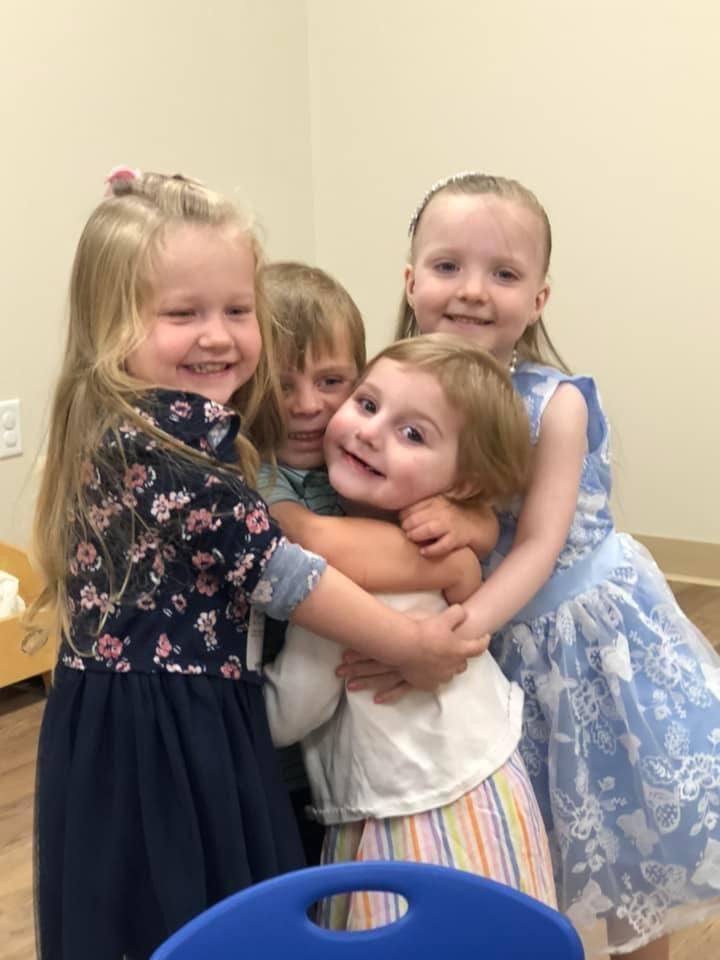
Paul – persecutor-turned-proclaimer – caused quite a stir. The Jews were perplexed by him – and angry with – him. He “baffled the Jews in Damascus” with his message, “proving that Jesus is the Christ” (Acts 9:22). They plotted to kill Paul, but his friends helped him escape by way of a basket. The Christians in Jerusalem did not trust him and refused to welcome him into their fellowship. He was an island unto himself. Nobody wanted to associate with him. Until a trusted member of the Jerusalem congregation, Barnabas – whose name meant “Encourager,” came to his side and his defense. The brothers in Jerusalem gladly received him and once again rescued him from the threat of death.
Paul and Barnabas would log many miles together as missionary-sojourners. When they parted ways – not so amicably (Acts 15:36-41) – Paul took Silas as his ministry partner. All along the way, Paul gathered people to join him in his work. Timothy, Lydia, Priscilla and Aquila, and Titus were his closest companions. His ministry team also included Erastus (Acts 19:22), Gaius and Aristarchus from Macedonia (Acts 19:29), Sopater of Berea, Aristarchus and Secundus of Thessalonica, and Tychicus and Trophimus of Asia (Acts 20:1–5). John Mark brought a great deal of anguish – and companionship to Paul’s life. A runaway slave was also a ministry partner with Paul – after he submitted to his master’s authority and approval (Philemon). Paul recognized many others who were an important part of his work in his letters.
What is the application of all of this? Paul started out as an island, but he didn’t stay that way. He needed Christian friends and companions and mentors and mentees and fellow servants of the Lord to grow in his faith and into his ministry. So do you and I. Even Jesus, the very Son of God, didn’t try to go it alone. When Christian leaders try to stand apart from others they almost always implode. Wisdom says, “As iron sharpens iron, so one man sharpens another” (Prov. 27:17). You and I cannot hone ourselves. We need people who can spot the dull places and help us reach our best selves.
I cannot imagine who I would be without godly friends and mentors, teachers, preachers, encouragers, challengers, and a few busy-bodies who told me what I didn’t want to hear. I also cannot imagine my life without those I have taught and mentored through the years. Beloved, you need godly people. And somebody needs you. Find your place in the chain of fellow believers.









